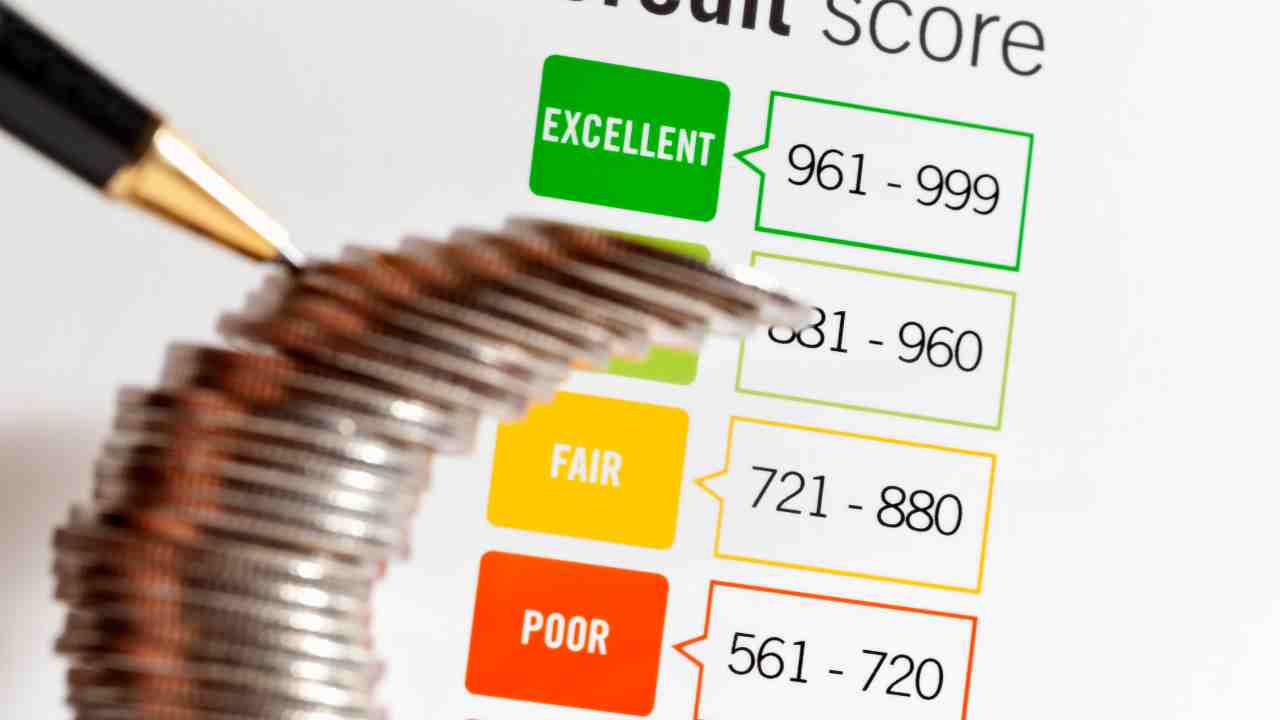How you manage your credit makes a big difference in your life. Your credit history plays a role in how much you can borrow, what your credit limit will be, and even how expensive your insurance can be and whether or not you can be hired for certain jobs. As important as it is, understanding your credit is clearly one of the biggest steps you can take to improving your finances and staying ahead of your debt, or for successfully completing a debt resolution program.
What Is Credit?
Given the importance credit has in a modern person’s life, it’s surprising how little most people know about it. When people talk about somebody’s credit, what they’re referring to is a brief history of your financial transactions. The credit score is a numerical summary of a much bigger picture known as a credit history. Your credit history has a lot of information on it that’s visible to lenders who do a credit check on you when you’re taking out a loan or a credit card.
The Credit Report
Your credit report is broken down into four main categories. The first part establishes your identity with details like your full legal name, your current and most recent addresses, existing credit information that includes current and recent accounts, and any recent inquiries regarding your credit. There’s also a section for listing public records, such as court judgments against you, liens, and other claims that might affect your creditworthiness.
What Affects Your Score?
Several factors affect your credit score, which runs from a low of 300 to a high of 850. All of these factors are considered before you’re approved for credit, but not all of the factors are weighted the same. In descending order, here are the most important factors affecting how your credit history appears:
- Payment history: Your history of making payments on time is extremely important to lenders. Ideally, you will have no late payments across the last 200 due dates you’ve had. that means that if you have, for example, four credit cards a mortgage and a car loan, those six accounts should show no delinquencies for at least the last 34 months. A single late or missed payment can send your credit score tumbling.
- Credit Utilization: This is a measure of how much of your available credit you’re currently using. Using very little credit relative to your limits is a good sign that you’re responsibly managing your available credit. As a rule, you should try to keep your amounts owed to 30% or less than the total amount of credit you have access to. Higher levels than that are often a sign of trouble that can make it harder to lend to you.
- Length of Credit: The length of time you’ve had credit matters to lenders. Ideally, you’ll have a documented credit history stretching back at least 10 years. It’s okay if you don’t have that yet, but the longer your history the more reliable you look to lenders. Try to maintain your oldest line of credit, even if you don’t use that card anymore, and be patient as your credit history gradually builds.
- Mix of Credit: It’s good to keep up a healthy mix between various types of credit. Installment lines are things like car loans and mortgages, which have a set schedule of repayments. Credit cards are floating debt, which you can increase fairly rapidly or pay off when you have the money or enroll in various debt relief programs to bring down the amount you owe.
- Inquiries and Recent Credit Lines: Running a bunch of credit checks or opening a number of new credit lines can be a sign that you’re in over your head and looking for more credit to keep current. This can be a warning to lenders that you might have trouble making your payments later, so it’s good to keep hard credit checks to two or less in the last two years.
Successful Credit Management
Understanding your credit is key to keeping your finances in good shape and debt under control. With careful management, and with free annual checks of your credit history, you should be able to keep low balances, qualify for low interest rates and successfully complete any debt resolution program you’ve enrolled in.







